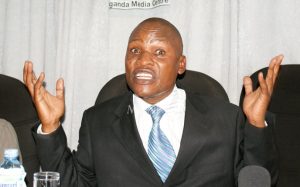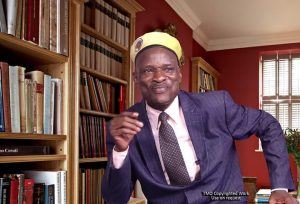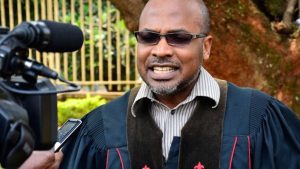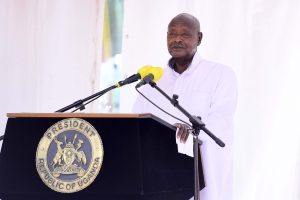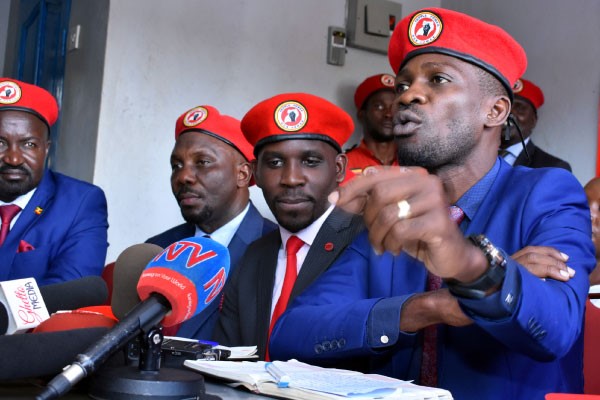
Uganda’s youngest political force, the National Unity Platform (NUP), is currently entangled in a succession discourse that could potentially strain its unity and direction. The proposed two-term limit for all key party leadership roles has political analysts raising alarm bells, cautioning that a poorly reconsidered decision might sow divisions. This debate has intensified as party principal Robert Kyagulanyi introduced the term limit in the absence of opposition leader Mathias Mpuga.
The scene unfolded at the NUP delegates’ conference within the newly established headquarters in Makerere Kavule, Kampala. In Mpuga’s absence, the proposal emerged, stipulating that no individual can hold crucial party positions, including president, chairperson, or secretary-general, for more than two terms. Likewise, MPs or councilors affiliated with NUP would face the same two-term restriction.
However, the proposition has sparked diverse reactions among political researchers. Dr. Patrick Wakida and Prof. Kareijja endorse term limits at the presidential level, yet they ardently contest its applicability to parliamentary roles. They argue this novel approach could foster division and unproductivity.
“Attempting something untested worldwide,” Prof. Kareijja pointed out, suggesting Kyagulanyi’s bid for superiority over the ruling NRM.
Drawing parallels with established democracies, like the United States and the United Kingdom, experts assert that lengthier-serving MPs exhibit enhanced service delivery due to accumulated experience.
“For global MPs, longer stints lead to improved debates,” Dr. Wakida emphasized, implying that repeated terms might elevate legislators to hero status.
Nonetheless, the proposed amendments to term limits are slated for implementation in the subsequent elective term, 2026. NUP’s senior leadership, comprising spokesperson Joel Ssenyonyi and secretary-general David Lewis Rubongoya, dismiss concerns voiced by scholars. They maintain that the decision springs from a desire to evade the trappings of overstaying in power, referencing the NRM’s shortcomings. Ssenyonyi and Rubongoya draw inspiration from neighboring Kenya’s term limit policy.
“We’re steering clear of the very pitfalls we’re challenging,” Ssenonyi affirmed, while Rubongoya echoed, “Even in Kenya, there’s a term limit.”
While some analysts foresee potential dilution of NUP’s influence, they suggest tighter regulation of political parties’ operations could address these fears. They advocate for comprehensive oversight beyond mere electoral commission involvement.
As NUP grapples with this internal discourse, it stands at a crucial crossroads that will sculpt its future path and imprint on Uganda’s political panorama. Striking equilibrium between reform introduction and stability assurance remains paramount in these party deliberations.


